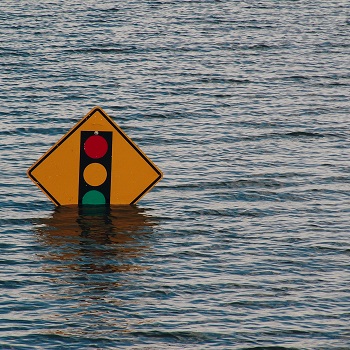Ursula von der Leyen, the new Commission President, made a strong environmental ambition the cornerstone of her new College and political programme for the next five years. The new European Parliament has also confirmed this is a priority and will be sure to hold von der Leyen to her promises.
With these high expectations, the challenges awaiting Virginjus Sinkevicius, the Commissioner designate for Environment and Oceans, will be put under the microscope at this week’s hearing.
The transition to a circular economy remains top of the agenda.
While the outgoing Commission made progress on waste and plastics, tackling plastic pollution will remain a key priority, going beyond single use plastics and looking at plastic packaging in general.
The new Commission will also have to give a strong direction of travel with its new Circular Economy Action Plan. For this, it will have to look at other products and materials where there is most potential to successfully reduce the environmental footprint of EU production and consumption. Whether it is textiles, electronics or construction products, Mr Sinkevicius will have to present a solid plan to convince the European Parliament this week.
The Commissioner-designate will also have to answer to calls for the development of a “non-toxic” circular economy, with “clean” materials and product loops so that recycled waste can be used as a reliable source of raw materials.
The second major priority for the Environment and Oceans Commissioner will be the zero-pollution strategy
This strategy could impact many sectors (transport, agriculture and manufacturing) and Mr Sinkevicius will have to lay out concrete actions that aim to cut pollution at the source: whether it is air pollution, water pollution, or soil pollution.
The discussions on this zero-pollution strategy will also directly link to chemical policy: endocrine disruptors, nanomaterials, and broader discussions on chemicals will certainly be part of the hearings. The Commission’s DG Environment also recently concluded a large assessment of EU’s chemicals policy (the Chemicals REFIT) but is awaiting direction from the new Commissioner to take it forward with specific actions.
The third thematic pillar we can expect to come up in the hearings is of course oceans.
The change of name of the portfolio already gives us important indications. Moving from Environment and fisheries to Environment and Oceans shows how the EU’s fisheries policy should be fully integrated with the EU’s environmental objectives. Of course, it echoes the fight against plastic pollution, but it also covers the protection of biodiversity as stocks in the North Sea and the Baltic have decreased, and climate change is pushing fish stock migration to the north.
This week’s hearing should shed more light on how Mr Sinkevicius, the youngest Commissioner-designate, intends to address these important issues.
Find Out More
-
Why the EU can’t risk failure at COP27
November 4, 2022


